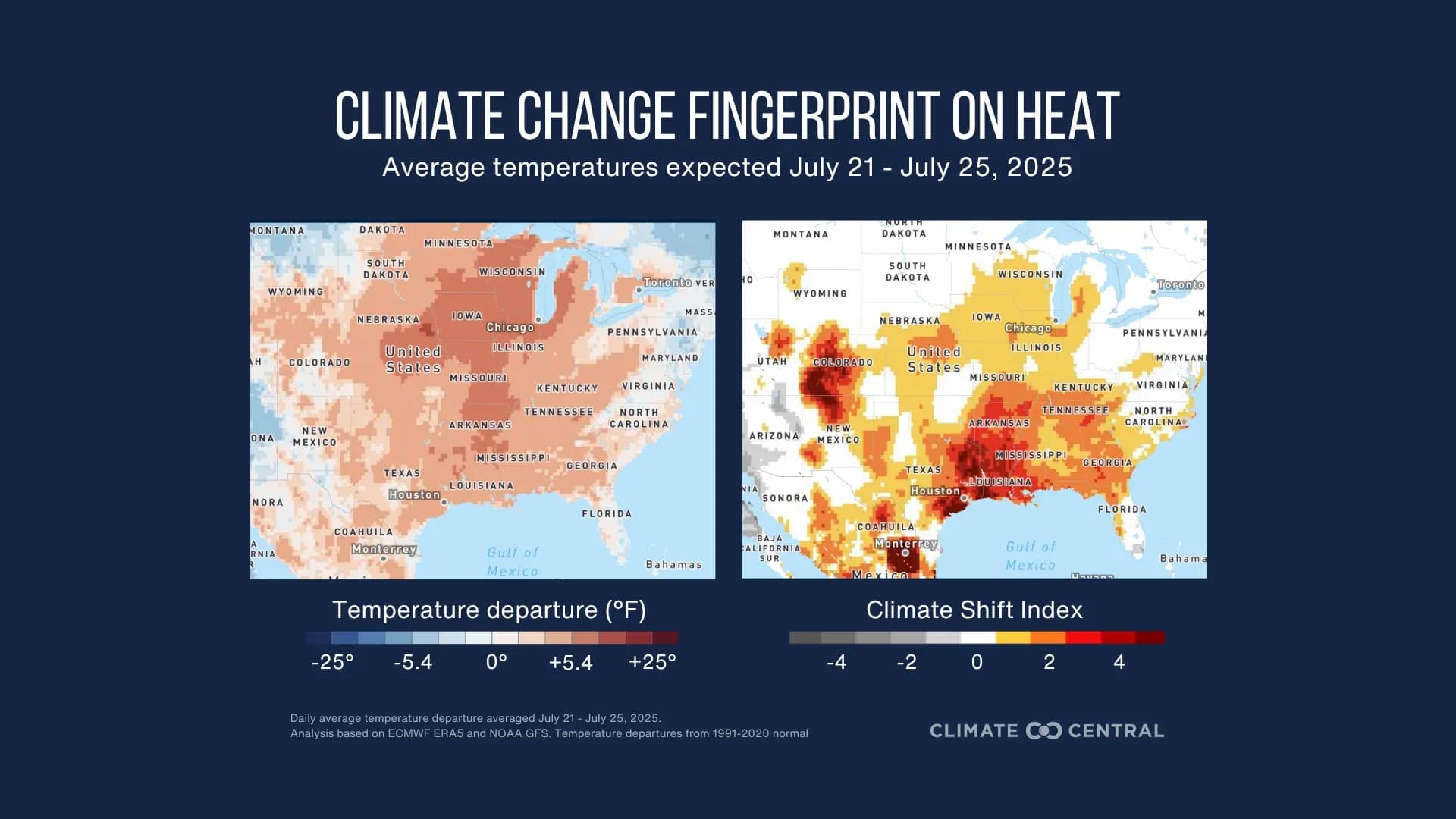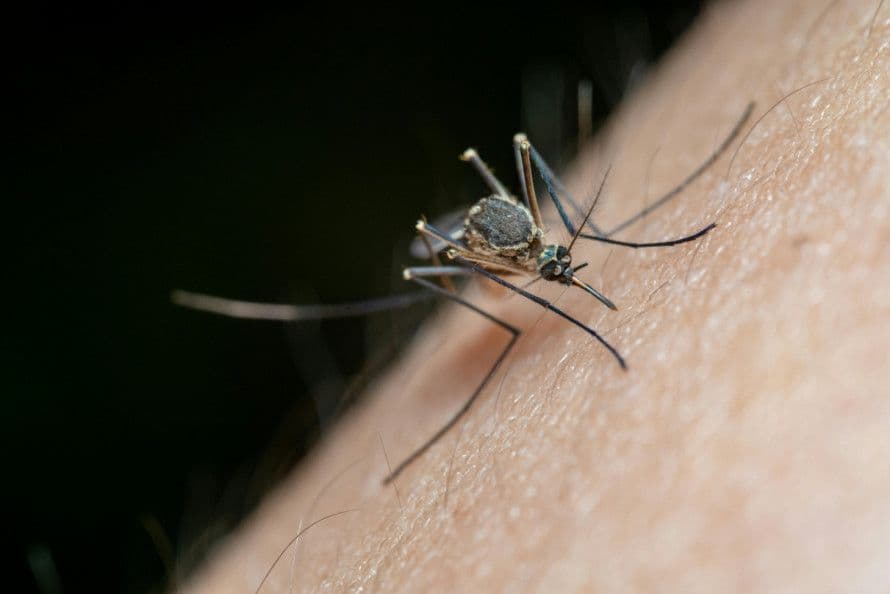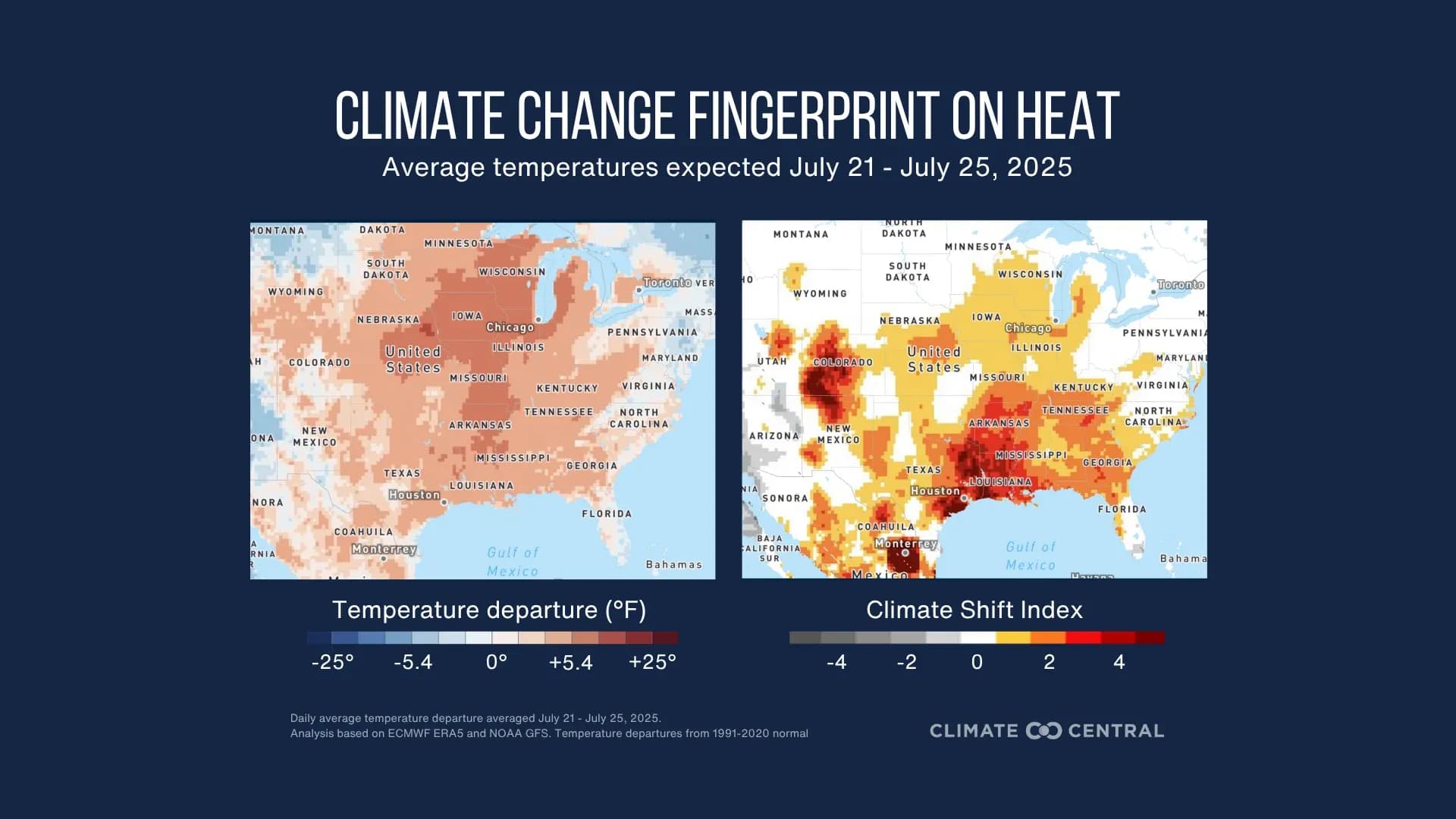Razor Blades and Recombinant Realities: Unpacking the 'Frankenstein' COVID-19 Variant
Demystifying 'Frankenstein' (XFG Stratus) COVID variant: explore its genetic origins, the infamous 'razor blade' throat symptom, and what health experts say about its real risk.

The Name That Roared: Introducing "Frankenstein"
The latest chapter in the ever-evolving COVID-19 saga introduces us to a variant with a truly evocative, almost chilling, nickname: 'Frankenstein.' Officially designated , this variant is currently dominating circulation globally and in , having supplanted its predecessor, 'Nimbus.' The moniker isn't just a catchy label; it's a direct reference to its genetic makeup. 'Stratus' is a recombinant variant, meaning it's a mosaic, stitched together from parts of earlier Omicron sub-variants, specifically LF.7 and LP.8.1.2. This amalgamation of different genetic fragments immediately brought to mind , hence the dramatic nickname. While the name might conjure images of monstrous danger, early expert assessments from the and the offer a more nuanced picture. They suggest that while 'Frankenstein' is notably more contagious, it doesn't appear to be more dangerous than its viral forebears. Despite this reassurance, one symptom associated with 'Stratus' has particularly captured attention: a uniquely severe sore throat, described by some as feeling like 'razor blades in the throat.'
Beyond the Buzz: What "Stratus" Symptoms Really Mean
While the 'Frankenstein' moniker sounds intimidating, understanding the actual symptoms of the variant offers a clearer perspective. Patients report a range of typical COVID-19 indicators, including fever, a runny nose, body aches, and a dry cough. However, what truly sets 'Stratus' apart, and contributes to its reputation for being 'more unpleasant,' are the intensely painful sore throats. Many describe this particular symptom as an excruciating sensation, akin to swallowing 'razor blades.' Beyond this distinctive discomfort, individuals might also experience hoarseness, headaches, profound fatigue, and general malaise. Some have even reported gastrointestinal issues like abdominal pain and diarrhea. It's clear that while 'Stratus' isn't deemed more severe in terms of overall health risk, its symptomatic profile can indeed be quite miserable for those infected. This emphasis on symptom severity, particularly the throat pain, underscores why even a 'mild' variant can still significantly impact daily life and well-being.
Stitching Science, Not Scares: Decoding the Danger Level
Despite the dramatic 'Frankenstein' nickname and the strikingly uncomfortable 'razor blade' sore throat, the scientific community maintains a reassuring stance on the variant's overall danger level. The and have both concluded that 'Stratus' is not considered more perilous than previously circulating COVID-19 types. This assessment is critical for separating public perception from scientific reality. While it is indeed more contagious, leading to a rise in infection numbers—the recorded approximately 500 cases per 100,000 inhabitants in during the last week of September 2025—the good news is that infections generally follow a mild course, similar to its predecessor variants. Crucially, existing COVID-19 vaccines are still expected to provide robust protection against severe disease, hospitalization, and death. However, this doesn't mean we can drop our guard entirely. For chronically ill individuals or the elderly, any COVID-19 infection, including 'Stratus,' can still pose a significant health risk, necessitating continued caution and adherence to public health advice.
The Autumn Illness Maze: Differentiating from Flu and Cold
As autumn arrives, it brings with it a familiar surge of respiratory illnesses, making it increasingly challenging to distinguish between COVID-19, the common cold, and influenza. The variant's symptoms, while featuring that distinct 'razor blade' sore throat, largely overlap with these seasonal ailments. Fever, cough, runny nose, and body aches are common across the board, creating a veritable illness maze for individuals trying to understand what's ailing them. The offers a helpful, albeit subtle, differentiator: influenza often strikes suddenly and severely, whereas COVID-19 infections are more frequently accompanied by fever compared to the typical common cold. With reporting up to 7.1 million acute respiratory illnesses weekly in the past month, the sheer volume of cases underscores the diagnostic difficulty. For those in risk groups, or anyone experiencing severe symptoms, relying on antigen or PCR tests remains the most reliable way to confirm a COVID-19 diagnosis and ensure appropriate medical care. Self-diagnosis based purely on symptoms can be misleading in this busy season of bugs.
Our Evolving Vigilance: Living with New COVID Realities
The emergence and dominance of the variant, or 'Frankenstein,' serves as a potent reminder that COVID-19 continues to be an evolving presence in our lives. While global and local incidence rates are showing a slight uptick, with 'Stratus' now the most frequently detected circulating lineage, the overarching message from health authorities remains one of cautious optimism. Infections, for the majority, are following a mild trajectory, similar to previous Omicron sub-variants. This reality highlights a significant shift in our battle against the virus: from a pandemic state of emergency to an endemic reality where COVID-19 is another respiratory illness we manage. However, this doesn't diminish the need for ongoing vigilance. For vulnerable populations – the chronically ill and the elderly – an infection can still lead to serious complications. Therefore, staying informed, adhering to public health guidelines when necessary, and considering vaccination updates are all crucial steps in navigating this new landscape. We're learning to live with COVID-19, not in fear, but with an informed and adaptable approach to our collective health.
Related Articles

The Invisible Enemy: Unmasking Chikungunya's Debilitating Grip and the Global Quest for Resilience

The Invisible Enemy: Unmasking Chikungunya's Debilitating Grip and the Global Quest for Resilience

The Silent Swelter: Why Our Heat Thresholds Have Plummeted

The Silent Swelter: Why Our Heat Thresholds Have Plummeted

The Silent Scourge: Unmasking Ukraine's Evolving Midge Menace

The Silent Scourge: Unmasking Ukraine's Evolving Midge Menace

Beyond the Thermometer: Unpacking Our New Era of Extreme Heat
